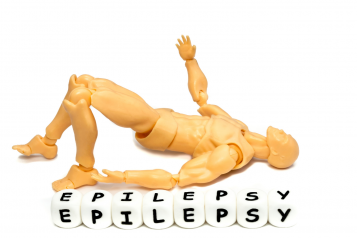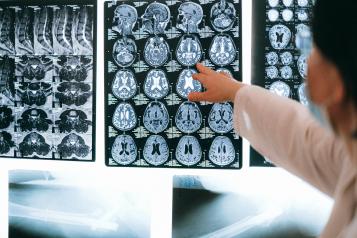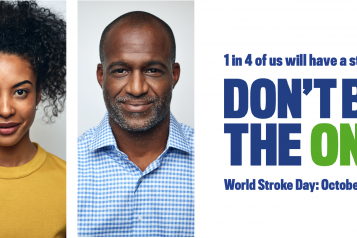How to recognise epilepsy?

13th of February marks International Epilepsy day, raising awareness of the condition and linked symptoms.
Epilepsy is more than seizures
Epilepsy is one of the world’s oldest known medical conditions which affects around 600,000 people in the UK. 87 people are diagnosed with epilepsy every day, but many people still don’t understand it or talk about it.
For a video from the Epilepsy society explaining ‘What is epilepsy?’ Click here
Who is at risk of developing epilepsy?
The condition can start at any age, but commonly starts either during childhood or begins to affect those beyond the age of 60.
What are seizures?
Seizures are bursts of electrical activity in the brain that temporarily affect how it works.
How to recognise a seizure?
Seizures affect people in different ways, depending on which part of the brain is involved.
What to look for:
-
Uncontrollable jerking and shaking, called a 'fit'
-
Losing awareness and staring blankly into space
-
Becoming stiff
-
Collapsing
Less obvious but unusual sensations may also occur, such as:
-
A 'rising' feeling in the tummy
-
Unfamiliar smells or tastes
-
A tingling feeling in your arms and legs
If the above symptoms seem familiar, especially if you or those around you have experienced more than one symptom, more than once, you may have had a seizure.
What should I do if I think I have had a seizure?
Don’t ignore these signals. Do something about it.
You should see a GP if you think you or those you around you have had a seizure. This does not mean you have epilepsy, but you should see a doctor to find out what has happened and why.
Call 999 for an ambulance if someone:
-
is having a seizure for the first time
-
has a seizure that lasts more than 5 minutes
-
has lots of seizures in a row
-
has breathing problems or has seriously injured themselves
What causes epilepsy?
In most cases, it's not clear why seizures happen. It is possible it could be partly caused by your genes affecting how your brain works. Occasionally, epilepsy can be caused by damage to the brain, such as damage from:
-
a stroke
-
a brain tumour
-
a severe head injury
-
drug abuse or alcohol misuse
-
a brain infection
-
a lack of oxygen during birth
Support and information:
For more support the Epilepsy Society UK holds information on world-leading research, advocacy and care.
Epilepsy Action have helpline, live chat and messaging service.


